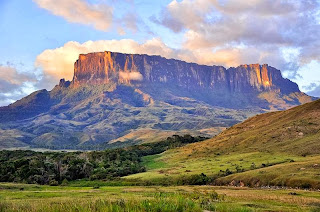 Okay, here's the deal. I've got 5 hardcover copies of Sammy Keyes and the Night of Skulls sitting on my desk. They are "turtlebacks" or library editions--which are very durable (and even more expensive than the book-jacket version of the hardcover).
Okay, here's the deal. I've got 5 hardcover copies of Sammy Keyes and the Night of Skulls sitting on my desk. They are "turtlebacks" or library editions--which are very durable (and even more expensive than the book-jacket version of the hardcover).I'm pretty sure everyone here knows that Night of Skulls is a Halloween adventure, so in the spirit of Sammy's favorite holiday, I'm going to sign them and give them away.
Ready?
Here's the drill:
Send a picture of you in costume as one of the Sammy Keyes characters* to this e-mail address and include answers to the following questions in the body of your e-mail:
In the e-mail's Subject Line put: COSTUME CONTEST
DEADLINE: Sunday, 11/3, before 5 PM Pacific time.
RESTRICTIONS: Books can only be shipped to addresses in the United States. (But that doesn't mean you can't send a picture if you just want to be part of the fun.)
WINNERS: I will consolidate all the photos (without names) and let Mark pick the 5 entries that he thinks are the best. (I hate picking because I always want to give everybody something...)
NOTIFICATION: We will e-mail the winners before next Sunday's blog entry is posted (and ask for best mailing addresses via e-mail).
You never know how many people are going to participate in something like this, so don't think you'll never win! And let me remind you--it's easy to dress up as Sammy. Or Casey! Have a chicken hat? You're Billy Pratt!
Hope you'll play along! Regardless, have fun, safe, and Happy Halloween!
*Here are a bunch of costume ideas, in case you didn't see them on the Sammy Keyes FaceBook page:
















